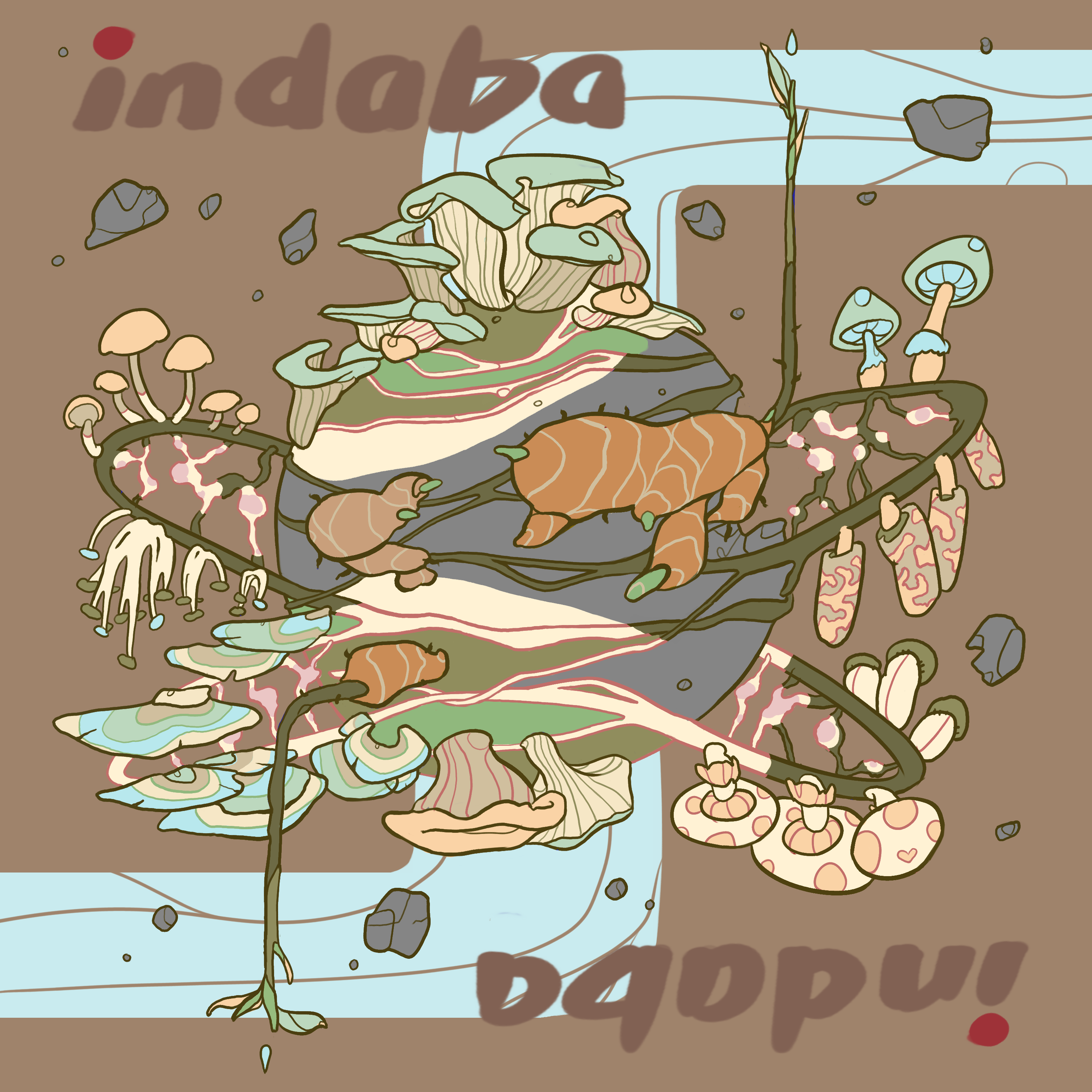
Indaba
Indaba is a global podcast that brings together scholars, practitioners, and activists as they re-imagine and reconstruct how relating to and living in the world.
Rooted in a Critical Community psychology, an interdisciplinary social science driven by social justice and decolonial values, the show explores methodological, theoretical, and practical knowledge that informs social change practice. Indaba is a South African Indigenous term for a meeting and the show fosters a coming together to share and engage with ideas with a collective of voices from around the world.
Curated into five pairs of episodes exploring our everyday praxis, each beginning with a contextually grounded storytelling episode followed by a critical reflection dialogue with members of Indaba’s global collective including South Africa, Indonesia, Chile, Australia, Palestine, and Canada.
Show Team
Natalie Kivell
Natalie Kivell
Natalie is an activist scholar who roots her research and practice in love, and relational theorizing and knowledge creation. She is a white settler from the colonial nation-state of Canada. She was born, raised, and has returned to raise her family on the lands of the Saugeen Ojibwe Nation. She is an Assistant Professor in Community Psychology at Wilfrid Laurier University, where her research and practice grow through methodologies and epistemologies of resistance. In partnership and solidarity with community organizers, she explores critical frameworks of abolition, disability justice, and radical care, through qualitative, participatory, and action-oriented research to bear witness to, document, and catalyze transformation.
Ramy Barhouche
Ramy Barhouche
Ramy is originally from Lebanon, but has been living between Lebanon, the US, and Canada. He is a Community Psychology PhD candidate at Wilfrid Laurier University, in Ontario, Canada, located on the shared traditional territory of the Neutral, Anishnaabe (Anish-nah-bay) and Haudenosaunee (Hoe-den-no-show-nee) peoples. Ramy’s PhD explores decolonial approaches, and advocates for transformative understandings of community well-being and mental health. His work challenges hegemonic and colonial paradigms, and advocates for decolonial and culturally-responsive approaches to community well-being.
Christopher Sonn
Christopher Sonn
Chris was born and raised in South Africa and now lives and works on the lands of the Wurundjeri and Bunurong people of the Kulin Nation. He is a Professor of Psychology working as researcher with the Institute of Health and Sport and the Moondani Balluk Indigenous Centre. Chris have been working over the last few years on various topics related to experiences and meanings of community, identity, belonging, and displacement in the everyday. He is interested in creating responsive, antiracist, and decolonial community and liberation psychologies.
